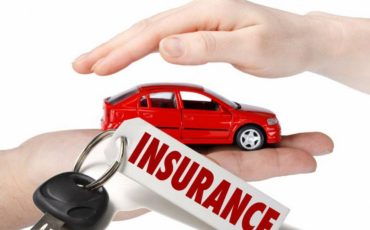When purchasing auto insurance for the first time, there are five things to consider
When buying vehicle insurance for the first time, one must carefully weigh their alternatives and comprehend them. Making an informed choice that offers the appropriate coverage for your new automobile is crucial if you’re a first-time purchase. This article examines the top five suggestions to help you make sense of the world of auto insurance and select the best plan for your needs.
Be aware of your needs
Evaluating your needs is essential when purchasing auto insurance. Prior to purchasing a used automobile, you should consider a number of aspects, including the vehicle’s age, usage history, and premium payment budget. Think about if you require third-party liability or comprehensive coverage. In addition to protecting your car from harm, comprehensive coverage also pays for third-party liability. However, third-party liability insurance only pays for harm done to other people. Therefore, to choose the kind and amount of coverage that best suits you, consider your demands as well as your financial situation.
Investigate and contrast
Always search the market for respectable insurance with a solid track record of satisfied clients and consistent claim payments. Don’t focus only on the insurance that a car dealer is offering. Car dealers typically have a tip-up with a few number of insurers, so you may end up paying more for the same coverage you may obtain for less money from other insurers. Thus, compare insurance policies online using platforms. Compile data regarding costs, advantages of coverage, and feedback from customers.
Select the appropriate add-On
Options for add-ons that improve your coverage must be taken into account. Choose add-ons with 0% depreciation cover, for example. With this add-on, you can be confident that your insurer will pay you the whole cost of damaged car parts—depreciation not included. Engine protection insurance might be helpful, particularly if you reside in a region where flooding can harm your engine; otherwise, you might not need this add-on because it won’t significantly increase the value of your policy. Another helpful extra that might help in an emergency or breakdown is roadside assistance, which is especially helpful if you frequently drive long distances with your car.
Check the IDV, or insured declared value
When purchasing auto insurance, IDV must be taken into account. It’s the most you can get out of a claim if your car is completely stolen or lost. “You need to make sure that the IDV is appropriately computed based on the current market value of your vehicle,” Mishra stated. There may be repercussions if the IDV is overestimated or underestimated throughout the claims procedure. To get the right IDV for your car, speak with your insurance company or utilize internet resources. In the event of a large loss, this will assist you in getting just compensation and help you stay out of financial trouble.
Recognize policy terminology
The terms, restrictions, and exclusions of the policy must be carefully read and understood before completing the purchase of your automobile insurance. Learn about the procedures for filing claims, renewing your policy, and complying with any limits or limitations that the insurance may have.


